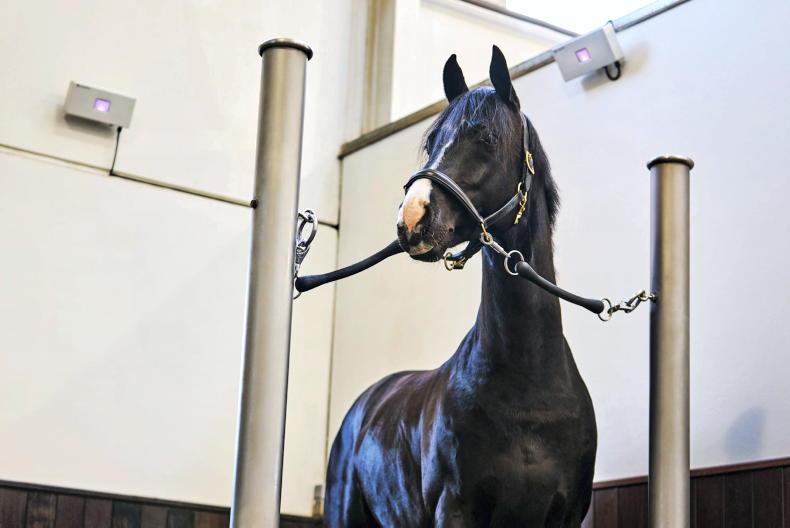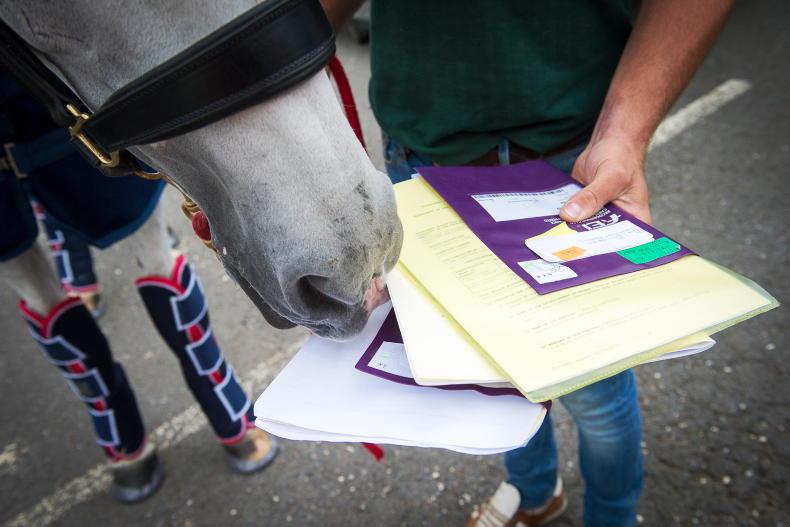THE Irish Equine Centre has confirmed four cases of EHV-1 neurological disease [equine herpes visus] on a thoroughbred stud farm in Leinster and two cases on a mixed farm (sport horses and thorougbreds) in Munster. Voluntary movement restrictions are in place.
Dr Anne Cullinane of the Irish Equine Centre reported yesterday: “The cases are confined to just two premises. The infected horses have been isolated and testing is being carried out but it is almost impossible to trace the source of the disease. Equine herpes is circulating all the time worldwide.”
Some types of equine herpes have no serious side effects but EHV-1 can be fatal. There are four EHV-1 manifestations: respiratory diseases, abortion, neonatal death and neurological. The current outbreak is neurological which can appear suddenly. Dr Cullinane pointed out that no vaccine on the market claims to protect horses from the neurological form, which is rarely found in Ireland.
SYMPTOMS
Neurologic disease appears suddenly and progresses rapidly, peaking within 48 hours. Clinical signs include:
The respiratory version of EHV-1 typically takes a few days to incubate. Typically the infected horse has a two-phase fever, spiking on day one or two and again on day six or seven. There is often a discharge from the nose and eye but not much coughing. The horse’s lymph nodes (under the jaw) can be enlarged.
EHV-1 is contagious and is spread by direct horse-to-horse contact, usually through nasal secretions. It can also be spread indirectly through contact with physical objects that are contaminated, such as human hands, clothing, buckets, rags, etc. The air around an infected horse can also be contaminated.
Horse owners who suspect a case of EHV-1 on their premises should isolate the horse(s) in question and contact their veterinary surgeon immediately. Where disease is suspected, the attending veterinary surgeon should take samples and submit them to a laboratory. Owners should check the horse’s temperature regularly and record it.
There are no legal notification requirements for EHV in Ireland although it is advisable to inform the relevant breeders’ association if infection occurs.
Because the disease spreads easily between horses and can have severe consequences, it is very important to alert owners of horses nearby which might be at risk of infection.


 This is a subscriber-only article
This is a subscriber-only article
 It looks like you're browsing in private mode
It looks like you're browsing in private mode










SHARING OPTIONS: